A local traditional brew from Central Kenya has penetrated the United Kingdom markets under the brand name muratelia.
The UK-based, Othaya born businessman King'ori Wambaki is the brainchild behind the business venture.
He got the brew into the UK market as a honey-laced bottled wine.
A bottle of muratelia retails at £9.96–£23.25 or an equivalent of Sh1,500-Sh3,500 and packs a 12 per cent alcohol content.
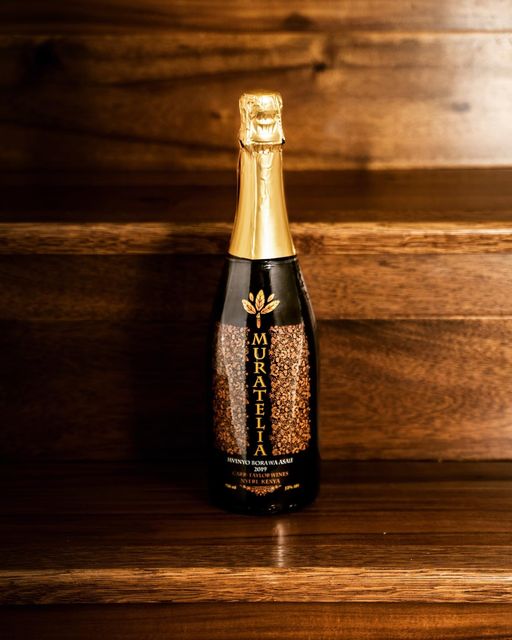
A bottle of muratelia PHOTO/COURTESY
Read More
Kenyan High Commissioner to the UK Manoah Esipisu took to his Twitter handle to announce the availability of the drink in the UK supermarkets.
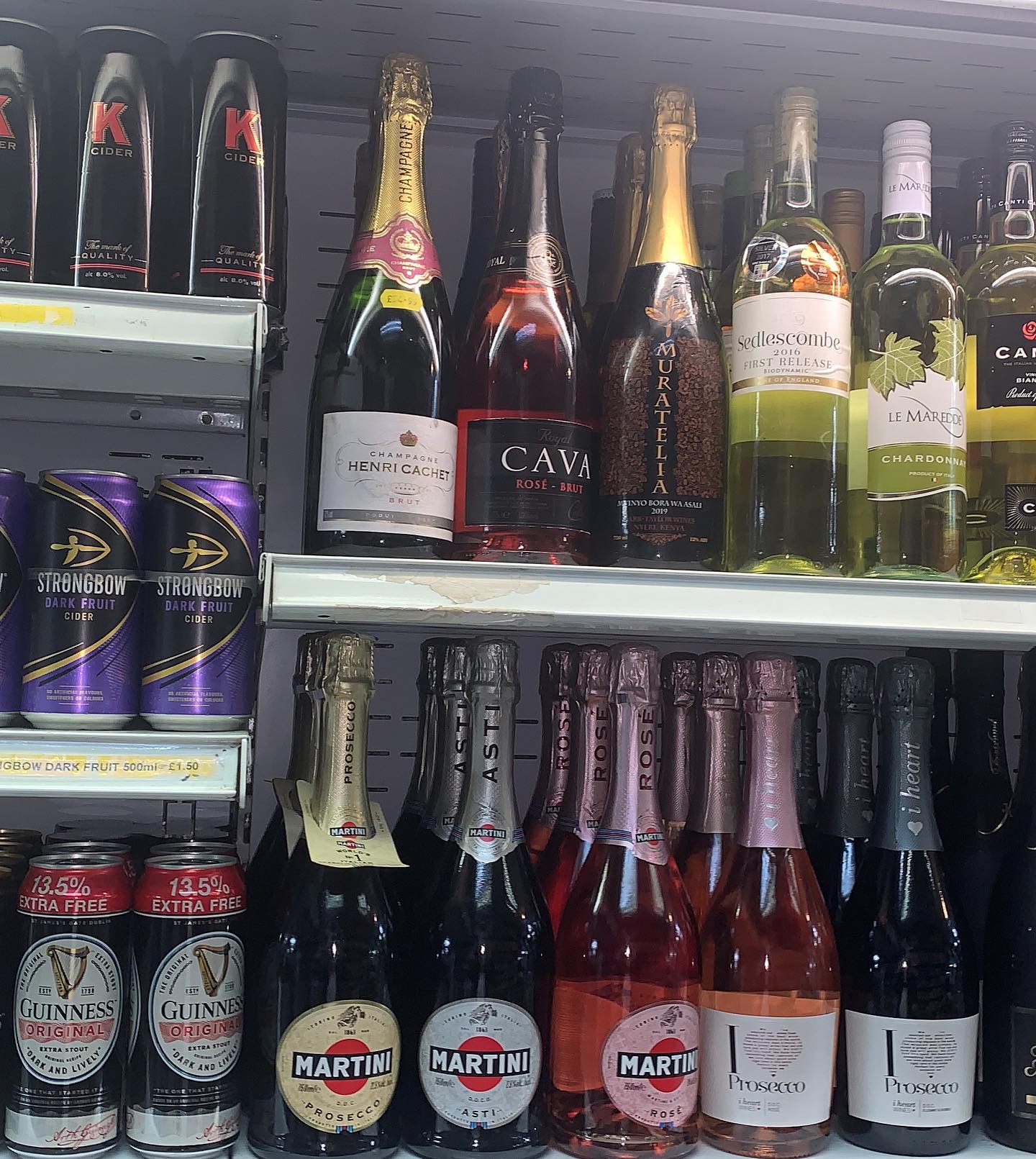 Muratelia being sold among other wine brands in the UK PHOTO/COURTESY
Muratelia being sold among other wine brands in the UK PHOTO/COURTESY
The company that produces Muratelia still uses ingredients that are available in the UK since it is yet to acquire imported supplies from Kenya.
Wambaki, who has stayed in the UK for almost 30 years, said his business provides more income compared to employment.
"The business provides income better than what I can earn while being employed,” said Wambaki.
The wine locally known as Muratina is a traditional brew made by fermenting a mixture of honey or sugarcane juice with dried Muratina fruits or a mixture of dried fruits.
The Muratina fruit serves as the yeast in the fermentation process.
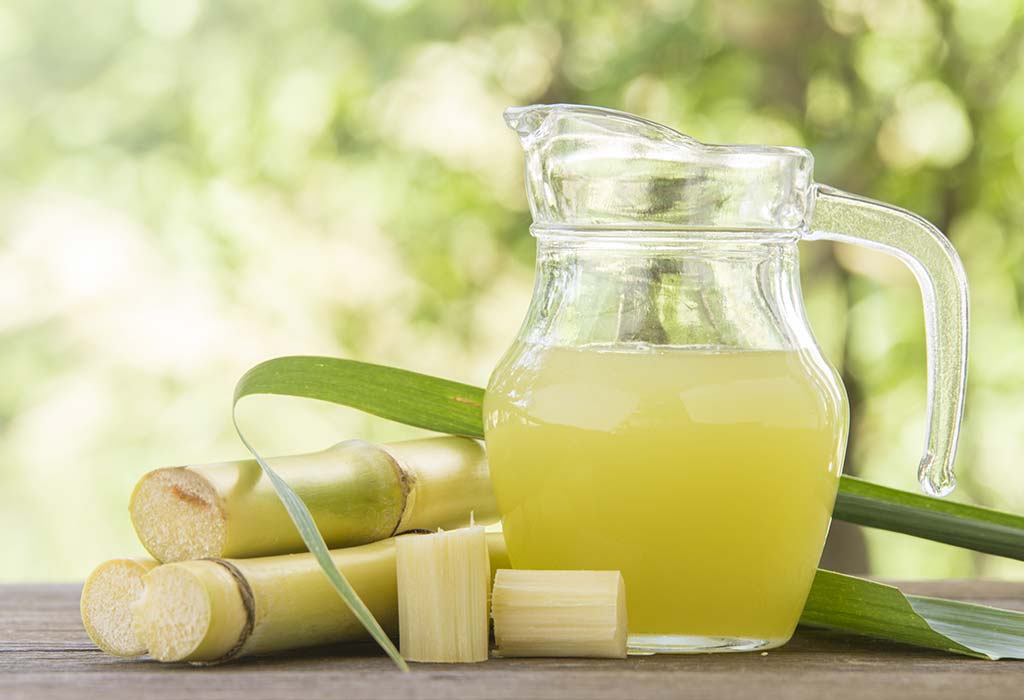 Sugarcane and juice extracted from sugarcane PHOTO/COURTESY
Sugarcane and juice extracted from sugarcane PHOTO/COURTESY
The alcoholic drink derives its name from the “sausage tree” (Kigelia Africana) that bears sausage-like fruits.
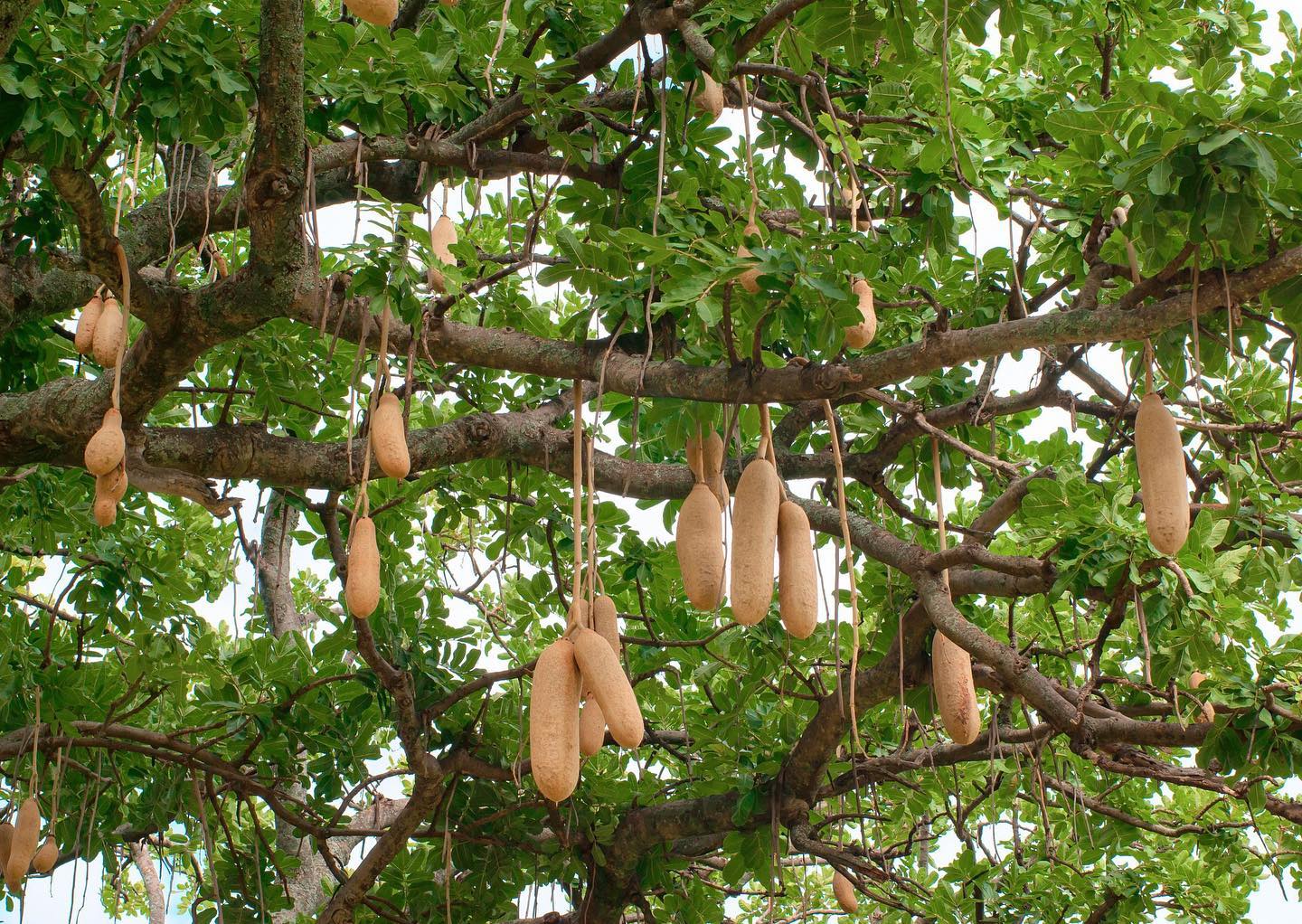 Kigelia Africana 'sausage tree' with the muratina fruits. PHOTO/COURTESY
Kigelia Africana 'sausage tree' with the muratina fruits. PHOTO/COURTESY
Muratina is usually at the center of any social, cultural and traditional event of the Agikuyu community in Kenya.
Muratina was initially considered an illicit brew until Kikuyu Principal Magistrate D N Musyoka recognised it as part of the Kikuyu traditional customs in April 2018.
“They have to celebrate their traditional rites of passage through various ways and muratina (Agikuyu traditional brew) must form part of the celebrations,” Musyoka said in his judgment.
He added that the constitution has a mandate to protect the cultures of all tribes in Kenya and no law created can infringe upon those cultural practices.
However, his judgment limited its brewing and use to the community's special occasions and ceremonies.

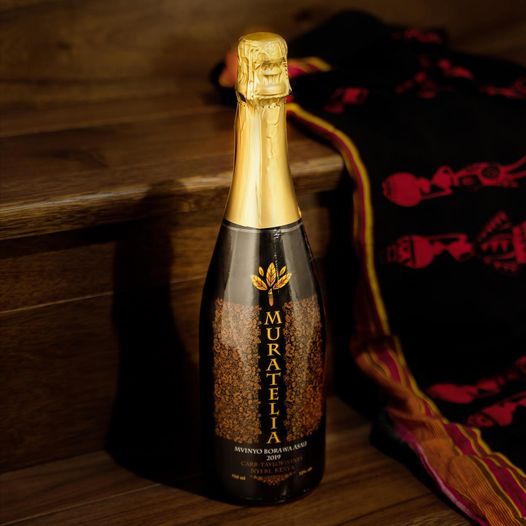
-1756474472.jpg)




-1753733469.jpeg)

